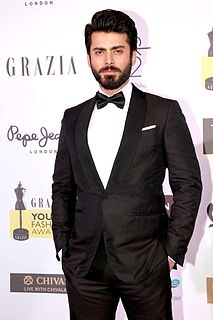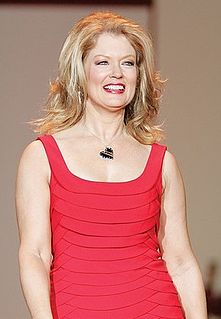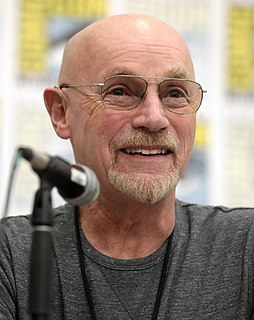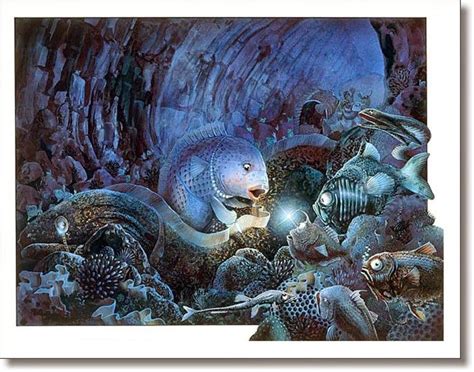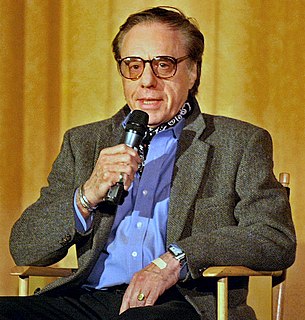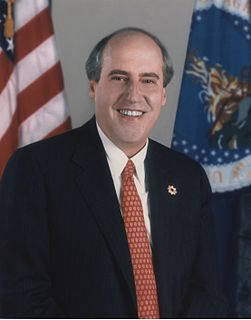A Quote by Rana Daggubati
Not all stories are meant for the big screen.
Quote Topics
Related Quotes
The international media concentrates on the famous, the big names. Al Jazeera goes to the margins, investigates stories that are still developing and in the future become very big. Why did the Arabic world love Al Jazeera? Everybody felt he was represented in the newsroom and on the screen. That kind of belonging is ours.
I have this set-up at my house where I have one big movie theater screen that's 9 ft. by 16 ft. Then, I have nine 63-inch monitors around it; four on either side and one underneath. So I get all nine one o'clock games, and I can switch them onto the big screen. That's what I do on the Sundays during the season.
I think one of the reasons younger people don't like older films, films made say before the '60s, is that they've never seen them on a big screen, ever. If you don't see a film on a big screen, you haven't really seen it. You've seen a version of it, but you haven't seen it. That's my feeling, but I'm old-fashioned.



